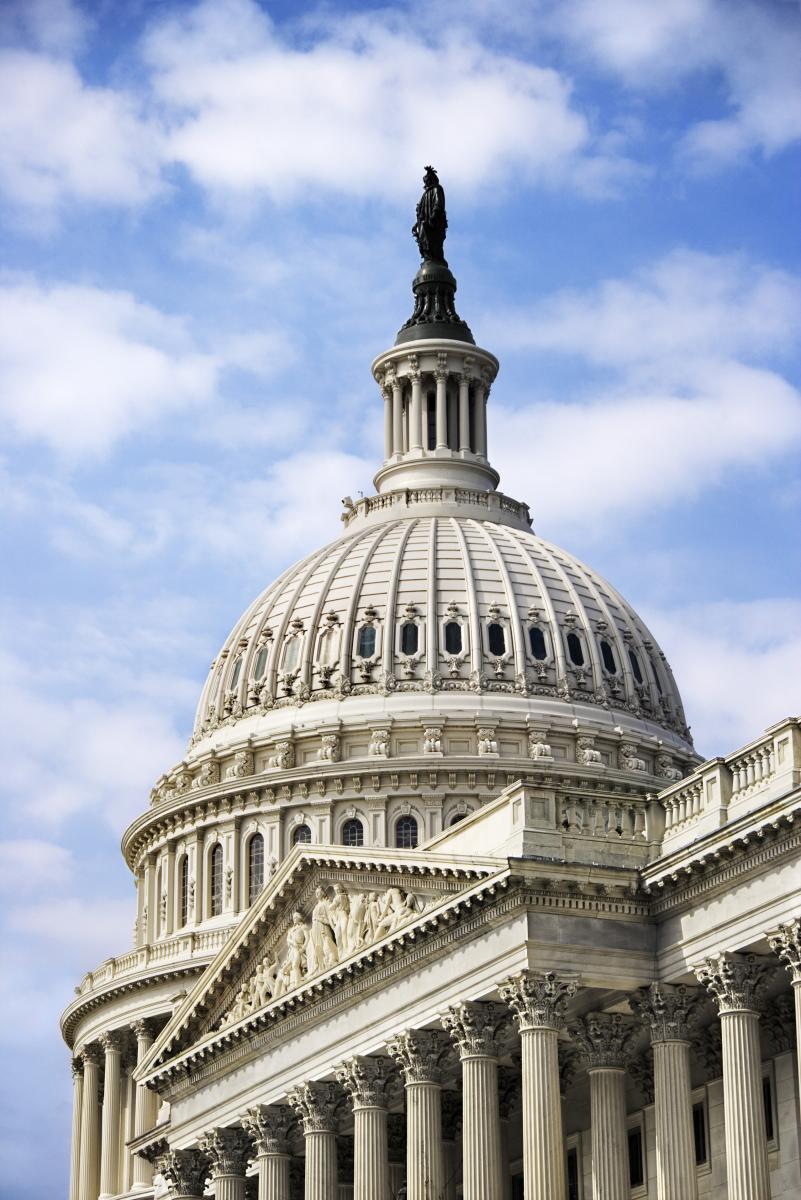 Proponents contend that a financial transaction tax would curb volatility and limit speculative trading, but a new study contends that an FTT would fail to meet those objectives.
Proponents contend that a financial transaction tax would curb volatility and limit speculative trading, but a new study contends that an FTT would fail to meet those objectives.
“The Ramifications of a Financial Transaction Tax” by the Securities Industry and Financial Markets Association (SIFMA) finds, instead, that an FTT will harm individual investors and that harm generally will outweigh any purported benefits.
Reviewing the history of financial transaction taxes, including the proposed so-called Tobin Tax from 1944, as well as case studies from across the globe to assess the potential ramifications, the 41-page white paper drafted by Katie Kolchin of SIFMA argues that FTTs:
- increase costs and lower returns for individual investors;
- typically miss revenue generation projections and fail to curb volatility;
- increase financing costs for municipalities, the federal government and corporations;
- increase prices for consumer goods; and
- damage economic growth by decreasing revenues and jobs in the U.S. as volumes migrate.
“FTTs tend to miss revenue generation projections, as they do not account for the ability to shift volumes to other trading venues/jurisdictions,” writes Kolchin, who adds that the “inevitable reduction in volumes decreases the taxable base, which in turn diminishes the amount of revenue collected.” Moreover, she notes that empirical evidence does not show that FTTs significantly impact volatility at all, let alone decrease it. “More often than not, the opposite effect occurs. The migration of volumes decreases liquidity, leading to higher volatility,” Kolchin says.
The study comes as numerous Democratic presidential candidates and members of Congress tout a financial transaction tax to help pay for proposals ranging from “Medicare for all” to canceling all student loan debt.
Explicit and Implicit Costs
Kolchin explains that the total cost of a trade generally can be broken out into “explicit and implicit” costs, noting that:
- explicit costs can include commissions, market access fees, market-making fees, clearing and settlement costs, and taxes (including a SEC Section 31 transaction fee); and
- implicit costs can include bid-ask spreads, opportunity cost and price impact of a trade.
“The FTT will be no different – it will be added to the cost of the trade as an explicit cost and passed down the chain to the individual investor,” Kolchin observes.
The paper emphasizes that while the SEC’s Section 31 transaction fee is often cited as an example that U.S. equities markets have a transaction fee yet remain top in the world, SIFMA disputes the notion that U.S. markets can withstand a new FTT.
Kolchin explains that the Section 31 fee is very small at 0.00207% in 2019 (0.0013% in 2018) versus proposed FTTs of 0.1% and higher. What’s more, she notes that the Section 31 fee is already added on as a tax to investors, meaning with an FTT the government will have added two transaction taxes on each trade.
“The addition of two transaction fees added to the calculation of trade costs will be a significant tax on the individual investor, as well as firms managing retirement accounts for individuals (the costs to manage this money will be passed along in fees as well),” she writes.
The paper further points to how retirement accounts are often invested in target date funds which have an embedded dynamic asset allocation, noting that if the fund manager rebalances or shifts the asset mix, the tax would be imposed.
Kolchin emphasizes that, given the increased trade costs, FTTs decrease returns on investment portfolios and retirement accounts. She points to an International Monetary Fund (IMF) study that compiled various academic analyses on the negative impact on returns from FTTs. It shows, among other things, that:
- a 1% tax on equity trades in Sweden resulted in a market decline of 5.3% in the 30 days leading up to the introduction of the tax; and
- on average across 14 separate transaction tax changes in AsiaPac markets, a 23% rise in transaction costs causes an immediate 1% decline in daily market returns.
SIFMA’s study adds to the growing list of industry reports discussing how an FTT would be detrimental to retirement savers and harm the economy. Other recent reports include studies by the U.S. Chamber of Commerce, Vanguard and Modern Markets Initiative.

